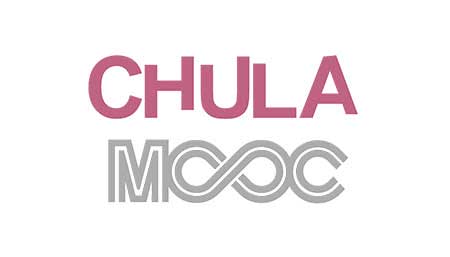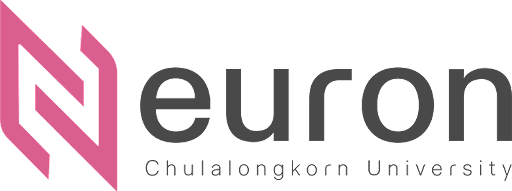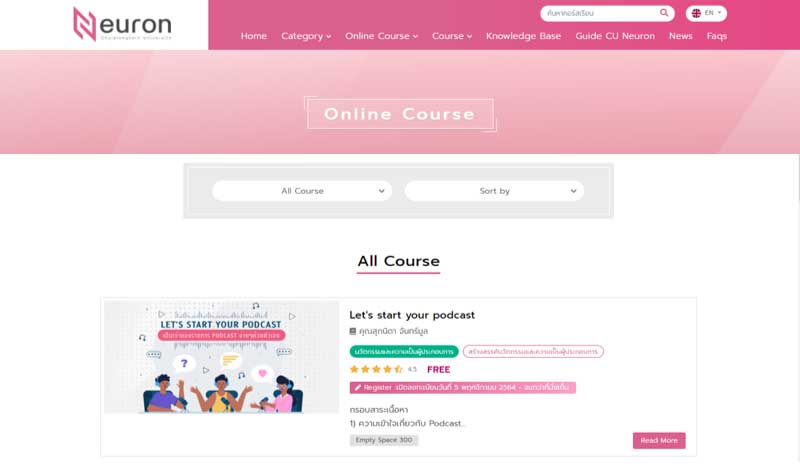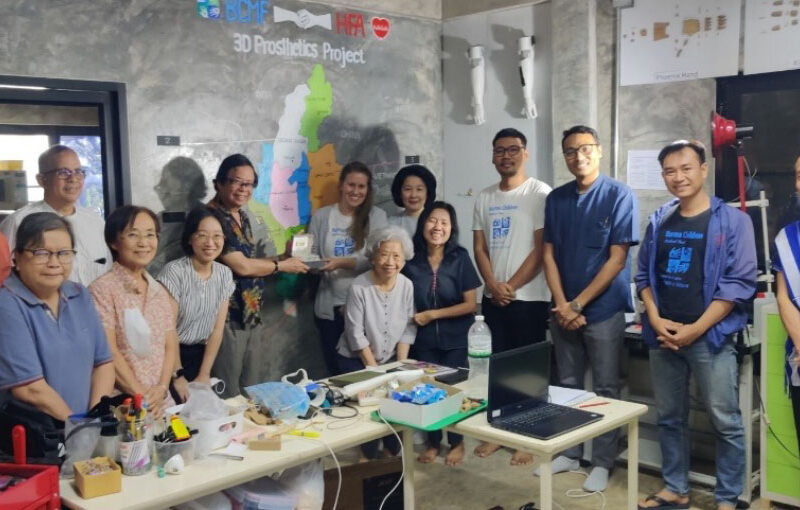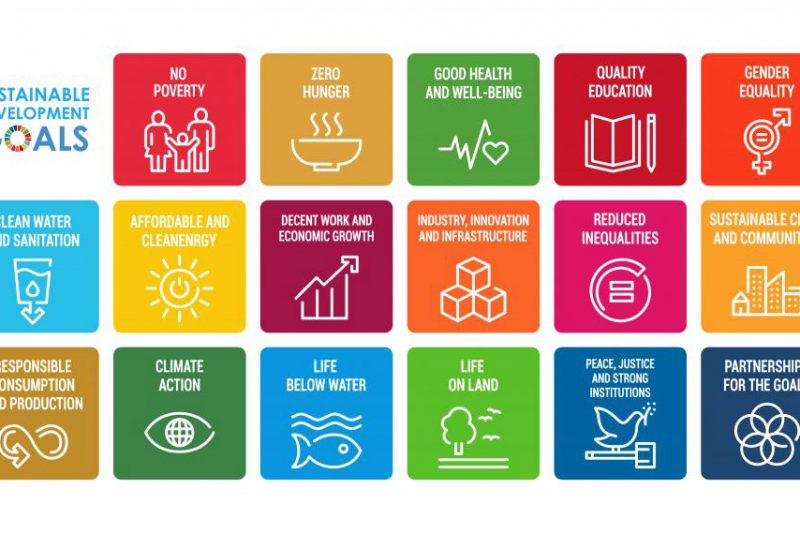Online Learning for Everyone: Chula MOOC & CU Neuron
Photo by Compare Fibre on Unsplash
Chulalongkorn has continuously developed a platform for online learning to aid with the concept “lifelong learning” and preparing Thais to access knowledge anywhere without the necessity to actually be inside the university. It can be said that Chulalongkorn utilize this platform to alleviate the disparity in education, allowing all to access higher education equally. The platform is provided with many courses provided by many chula startup companies and has been received many acknowledgements from Public resources (lifelong learning): Provide access to educational resources for those not studying at the university – e.g. computers, library, online courses, and access to lectures.
Chula MOOC
Over a hundred years ago, a “garden of knowledge” was cultivated on a plot of land beneath the raintrees in central Bangkok. Each year since then, a few hundred young students are selected to savor the fruits of knowledge that are abundant in this garden called Chulalongkorn University.
Today, however, with modern technology, the university is pursuing a broader ambition based on the concept “Everyone can learn”. The garden of knowledge has now expanded beyond the campus boundaries to enrich the lives of anyone who aspires to grow and develop.
The new educational platform, Chula MOOC (Massive Open Online Course), delivers education via internet connections to every corner of the country.
“Our wealth of knowledge and human assets should be accessible not only by our enrolled students, but also by the public at large,” says Assoc. Prof. Dr.Naebboon Hooncharoen, Assistant to the President for Academic Affairs at Chulalongkorn University.

Now entering its third year, Chula MOOC offers online courses to all students regardless of age, race, educational background or location. Most significantly, the free-of-charge courses reflect the university’s determination to connect with those who lack the funds for tuition fees.
Since it began in August 2017, Chula MOOC has designed 30 regular courses. The current lineup includes content relating to digital skills, IT, health, art and self-development. As the university’s educational philosophy stresses inclusiveness, there are also online Thai language courses for anyone of any nationality.
“Chulalongkorn University is the first Thai university to introduce its own MOOC to the public,” adds Assoc.Prof. Dr.Naebboon. “But sooner or later, other Thai universities will offer their individual MOOC platforms.”
Before developing its own MOOC platform, Chulalongkorn University had cooperated with Thai Cyber U, which provided access to an international MOOC platform for joint online courses.
Eventually, the Faculty of Engineering at Chulalongkorn University developed its own MOOC platform called Courseville, enabling the university to design its own courses to fit the needs of academia and local students alike.
Unsurprisingly, the public response to Chula’s free online courses has been overwhelming. When registrations for enrollment were opened, the maximum intake of 2,000 was filled within a few days.
According to Assoc Prof Naebboon, the most sought-after courses are Marketing in the 21st Century, and Infographics: What & How? “Since all of these popular courses would be full within three days,” he says, “we have received a lot of complaints from those who were unable to enter their names soon enough.”
One young knowledge enthusiast, Panyathip Hattakanond, is among the lucky few who was able to register in time. She has enrolled in courses in IT Security and International Online Marketing.
“Normally, I explore for more knowledge by myself through internet searches,” she says. “But the amount of information available from the web is so overwhelming that I find it difficult to choose what to learn.
“With MOOC courses, the knowledge overload has been screened and the content designed to suit our needs.”
Also a full-time student in Chulalongkorn University’s Faculty of Communication Arts, Ms Panyathip says she found the MOOC course she took in parallel with her classes at Chula quite appropriate in terms of its content and the length of the course. “The video is engaging and the certificate will prove valuable in my resume,” she says with a broad smile.
With eight years of experience in conducting online courses, the providers of Chula MOOC learned through trial and error about what academic content would meet the public’s needs, and gained more insights into the learning behavior of online students. Once the university’s own MOOC platform was launched, they were able to better tailor the courses to fulfill public expectations.
With 25% of its online students having passed and earned certificates, Chula MOOC is considered successful. Statistics show that for online courses in general, an average of 10% of those who register complete the courses and obtain certificates.
“This means that people who enroll in our courses have taken their education seriously,” Assoc Prof Naebboon says proudly.
In line with public demand, Chula MOOC will eventually develop more courses on human resources development in organizations, especially skill development. And in the near future, the platform will be opened to public participation, with interested individuals allowed to develop content of interest into online courses.
The benefits of MOOC is as follows:
- Alleviate the disparity in education
- Support lifelong learning for Thais
- Develop new skill sets for professor to be able to each virtually
Given such benefits, the impact expands further beyond the community. MOOC will allow the concept of learning anytime, anywhere. It is also a pushing factor that allows new ways of teaching and providing awareness to solve social issues. As a result, there are more than 300,000 active users and over 1million registration within 4 years and is continuously increasing.
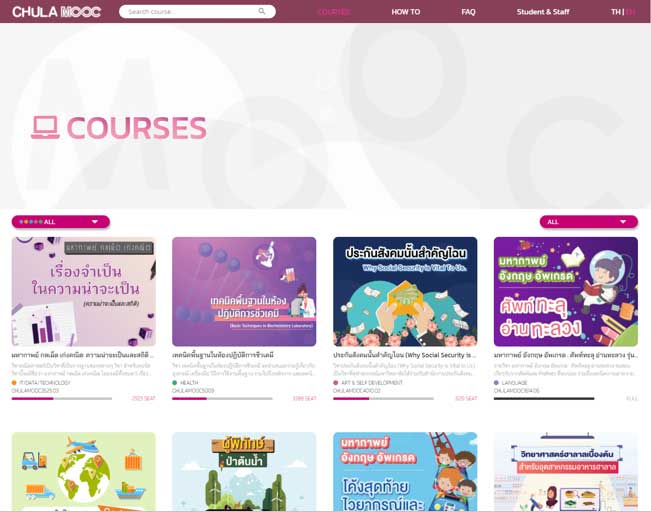
CU Neuron
CU Neuron is an online teaching support system for general education and CUVIP with quality that covers the target group including students, personnels, alumnus, high school students, and the public, which allows them to learn and self improve via different means of learning anywhere and anytime.
This course is open to the public including those who graduated or studying at any educational levels who wishes to learn.
There are various online courses available under CU Neuron including life skills or accordingly to syllabus. There are options as credit collection and information warehouse. The courses are updated frequently.
The objective for this project is to provide education and creation of graduates which provides quality citizens for lifelong learning either for a degree or without a degree.
The learning style is that learners are apply the learning results and register as learning units under GenEd “Digital Knowledge” accordingly to the regulations.
The learning style is that learners are apply the learning results and register as learning units under GenEd “Digital Knowledge” accordingly to the regulations.
BY
General Education Center (GenEd), Chulalongkorn University
Learning Innovation Center (LIC), Chulalongkorn University
Office of Academic Affairs, Chulalongkorn University
Previous related articles:
Related articles:
- https://mooc.chula.ac.th/courses
- https://www.chula.ac.th/academics/life-at-cu/learning-innovation-center/
- https://plan.vru.ac.th/?p=3508
- https://dct.or.th/digital-academy/detail/51
- https://adaymagazine.com/chula-mooc
- https://siamrath.co.th/n/172376
- https://www.bangkokbiznews.com/news/894387
- http://www.learnonline.in.th/chula-mooc-%E0%B8%88%E0%B8%B8%E0%B8%AC%E0%B8%B2%E0%B8%A5%E0%B8%87%E0%B8%81%E0%B8%A3%E0%B8%93%E0%B9%8C%E0%B8%A1%E0%B8%AB%E0%B8%B2%E0%B8%A7%E0%B8%B4%E0%B8%97%E0%B8%A2%E0%B8%B2%E0%B8%A5%E0%B8%B1%E0%B8%A2/
- http://cuneuron.gened.chula.ac.th/index_en
Others

